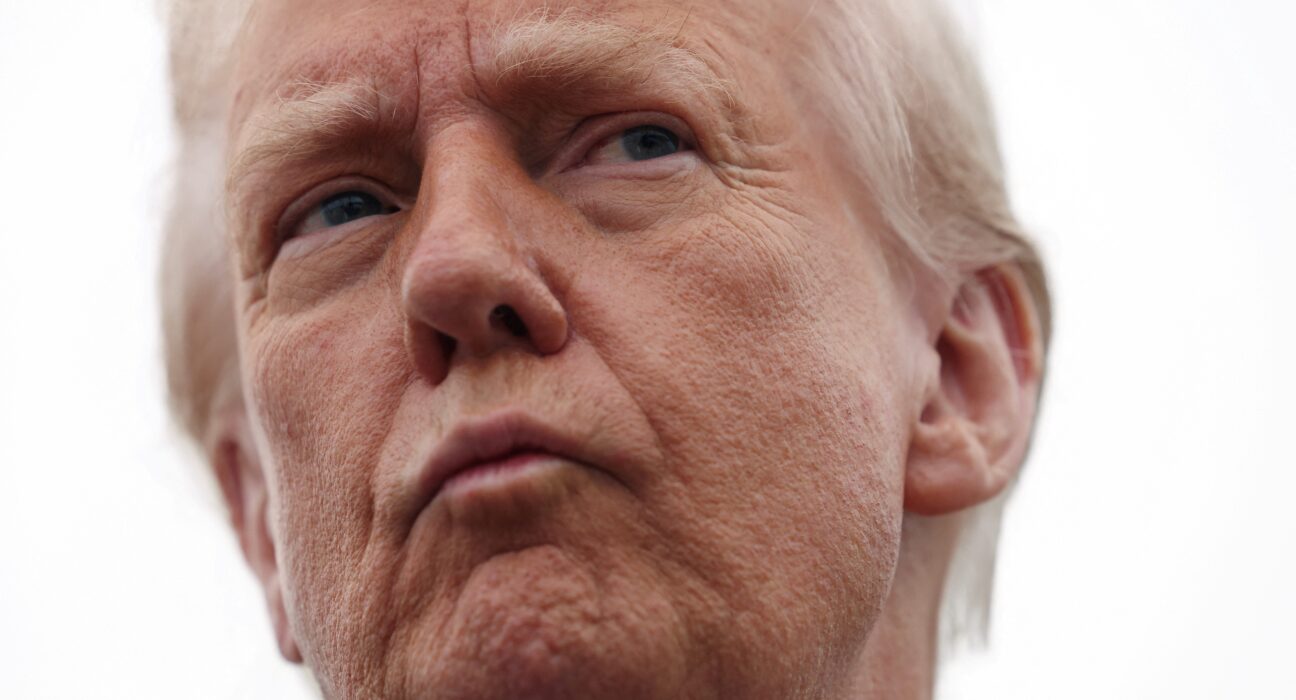President Trump recently made a bold move by revealing his plans to implement a significant tariff rate on countries that have not yet solidified trade agreements with the United States. In a surprising turn of events, he specifically targeted two of America’s closest allies and largest trading partners – South Korea and Japan – informing them that they would be subjected to a hefty 25 percent tax on their exports starting from August 1st.
The repercussions of this announcement were immediate, sending shockwaves through global markets. Investors reacted swiftly to what they perceived as an aggressive stance towards key economic allies. The S&P 500 experienced a sharp decline, initially dropping by as much as 1 percent before eventually stabilizing at around 0.8 percent lower for the day. This downward trend was mirrored in other major indexes as well, reflecting the widespread concern over the implications of these new tariffs.
In identical letters addressed to the leaders of South Korea and Japan, President Trump emphasized the importance of achieving fair and balanced trade relationships. He underscored the need for greater reciprocity in their economic interactions with the United States, urging them to seize the opportunity to participate in the world’s foremost market economy.
As tensions escalate on the global trade front, all eyes are now on Washington as further developments unfold. The Trump administration is poised to dispatch additional notifications to various governments elucidating the specific tariff rates that will come into effect on August 1st for their respective exports. This assertive move aligns with President Trump’s commitment to address perceived inequalities in international trade practices by leveraging tariffs strategically.
Despite being longstanding allies, negotiations between the United States and both Japan and South Korea have encountered delays compared to other trading partners. Factors such as domestic elections within these nations and ongoing tariff threats against key industries like automobiles, steel, and electronics have contributed to this stalling progress. The reluctance of Japanese and Korean officials to concede ground stems from fears of facing even harsher levies on critical sectors if they do not tread cautiously in dealing with Washington’s demands.
Ana Swanson and Tony Romm, seasoned journalists covering trade policies and economic affairs for The Times from Washington D.C., provide insightful perspectives on these unfolding events. Their analysis sheds light on how these latest developments are reshaping diplomatic dynamics among major economies worldwide.
As global economic landscapes continue shifting under mounting trade pressures, it remains crucial for nations to navigate these challenges prudently while seeking mutually beneficial resolutions that uphold fair trade principles across borders.

